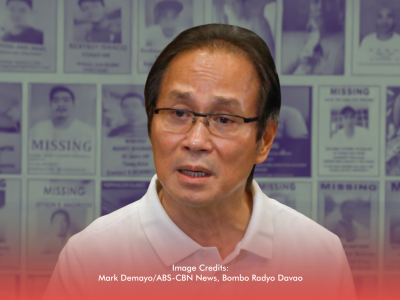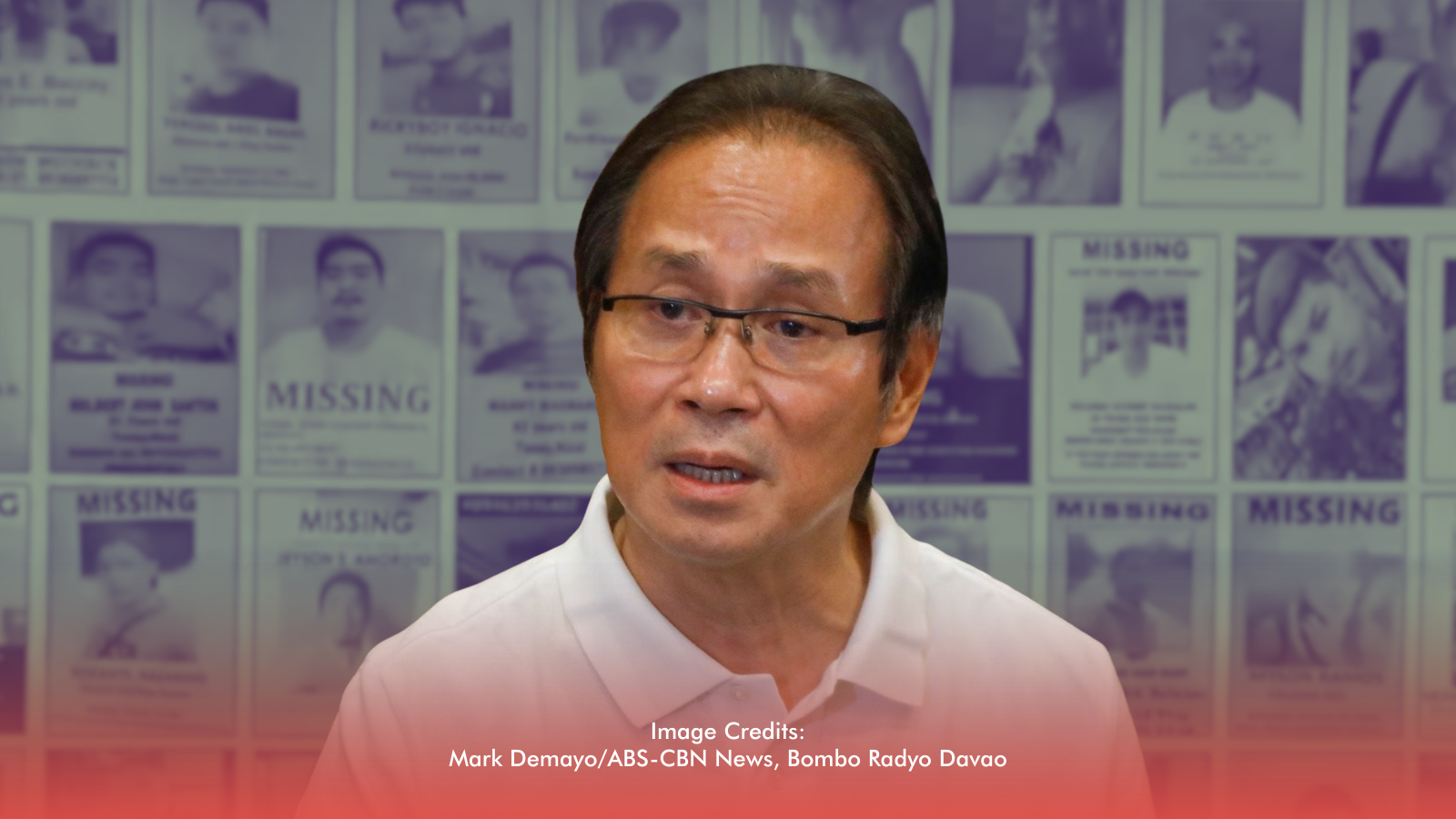The recent departure of several top Department of Health (DOH) officials has stirred quiet unease in the health sector, not because leadership changes are uncommon, but because of the reason cited for their removal: “expired tenure.”
Among those affected were high-profile career executive officials Maria Rosario Singh-Vergeire, the calm voice of the DOH during the COVID-19 pandemic; Kenneth Ronquillo; and Achilles Gerard Bravo. All three hold the rank of Career Executive Service Officer (CESO), a position protected under Executive Order No. 292 of 1987, which grants “security of tenure” unless separated for just cause, through resignation, or by reaching the mandatory retirement age of 65. Vergeire, at 56, is well short of that threshold.
The explanation from Malacañang, that their tenure had “expired,” has raised eyebrows among legal and governance observers. In the career service, “expired tenure” is not a standard ground for removal. Even more puzzling, in April 2025, DOH Undersecretary Jeffrey Ian Dy was also relieved under the same justification, without a publicly disclosed cause.
RELATED: [Check Medicine Prices Anytime On The eGovPH App — DOH]
Questions Over Process and Transparency
While the DOH and the officials have kept their public statements measured, professional organizations have taken a stronger stance. Fifty-seven groups representing doctors and other health practitioners issued a joint statement warning that placing leaders “with limited public health backgrounds” in these posts could erode institutional stability and public trust.
Critics view the shake-up as more than just administrative; it could signal a deeper contest for influence in the DOH. Top health positions carry control over budgets, infrastructure priorities, and policy directions. In a system where political connections can outweigh merit, there is concern that vacancies may be filled by allies or individuals with vested interests.
Implications for the Country’s Health System
Beyond politics, the changes could have real consequences. In public health, institutional memory is critical. Leaders who have guided the agency through crises, built relationships with stakeholders, and mastered complex policy processes are not easily replaced.
Frequent turnover risks slowing program rollouts, disrupting coordination with local governments, and delaying reforms—all at a time when the country faces persistent gaps in healthcare delivery, universal coverage, and pandemic preparedness.
The “expired tenure” issue is more than a bureaucratic matter; it is a test of whether the government can uphold the principles of merit-based governance while ensuring stability in institutions that safeguard public health.
RELATED: [Zero Billing Now In Place At All 87 DOH Hospitals]








